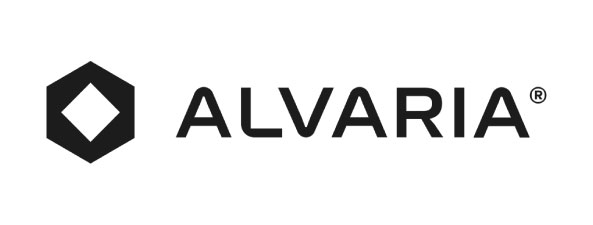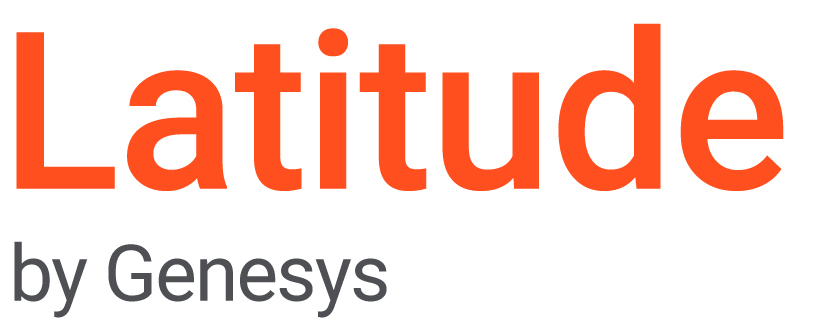The Fair Debt Collection Practices Act and the Federal Debt Collection Procedures Act may sound similar, but these two laws serve distinct purposes, and knowing how they differ can provide clarity for businesses and organizations in debt collection. Both acts play roles in shaping how debts are collected and enforced in the United States, but they do so in different ways and for different types of debts.
What is the Fair Debt Collection Practices Act?
The Fair Debt Collection Practices Act (FDCPA), enacted in 1977, protects consumers from unfair or abusive practices by third-party debt collectors. It sets clear guidelines on what debt collectors can and cannot do when communicating with them. For example, under the FDCPA, debt collectors are prohibited from calling consumers at odd hours, using threatening language, or misrepresenting the amount owed. This act ensures that consumers are treated fairly and respectfully during the debt collection process.
Understanding the Federal Debt Collection Procedures Act
On the other hand, the Federal Debt Collection Procedures Act (FDCPA) pertains to the collection of debts owed to the federal government. This act provides a framework for collecting federal debts, such as unpaid taxes or defaulted student loans. Unlike the Fair Debt Collection Practices Act, the Federal Debt Collection Procedures Act is designed to assist government agencies in recovering money owed to the public treasury. It outlines the steps the government can take to seize assets, garnish wages, or place liens on property to recover unpaid debts. This act ensures the government has consistent and enforceable methods for collecting what it owes.
Examples Highlighting the Fair Debt Collection Practices Act and Federal Debt Collection Procedures Act
Let’s consider two scenarios to illustrate the differences between the Fair Debt Collection Practices Act and the Federal Debt Collection Procedures Act. Imagine a consumer who falls behind on their credit card payments and is contacted by a third-party collection agency. The Fair Debt Collection Practices Act would govern the actions of this collection agency, requiring it to provide accurate information, avoid harassment, and honor requests to limit communication.
In contrast, if a taxpayer has an outstanding balance with the IRS, the Federal Debt Collection Procedures Act would guide how the IRS pursues repayment. This might include garnishing wages or levying a bank account, actions that are specific to federal debt collection and would not fall under the scope of the Fair Debt Collection Practices Act.
Why It’s Important to Understand Both Acts
Understanding the distinction between these two acts is important. Compliance with the Fair Debt Collection Practices Act helps to maintain trust and avoid legal issues when collecting consumer debts. Meanwhile, organizations that handle or assist with federal debt collection must be well-versed in the Federal Debt Collection Procedures Act to ensure that their practices align with federal law.
How TEC Services Group Can Help
TEC Services Group can help collection agencies, government agencies, and healthcare organizations navigate the complexities of both the Fair Debt Collection Practices Act and the Federal Debt Collection Procedures Act. With expertise in compliance, technology solutions, and operational strategies, TEC Services Group empowers organizations to optimize their debt collection processes while adhering to legal requirements. Contact us to learn more about how TEC Services Group and HealthCareTEC can help your organization achieve effective and compliant debt collection.







